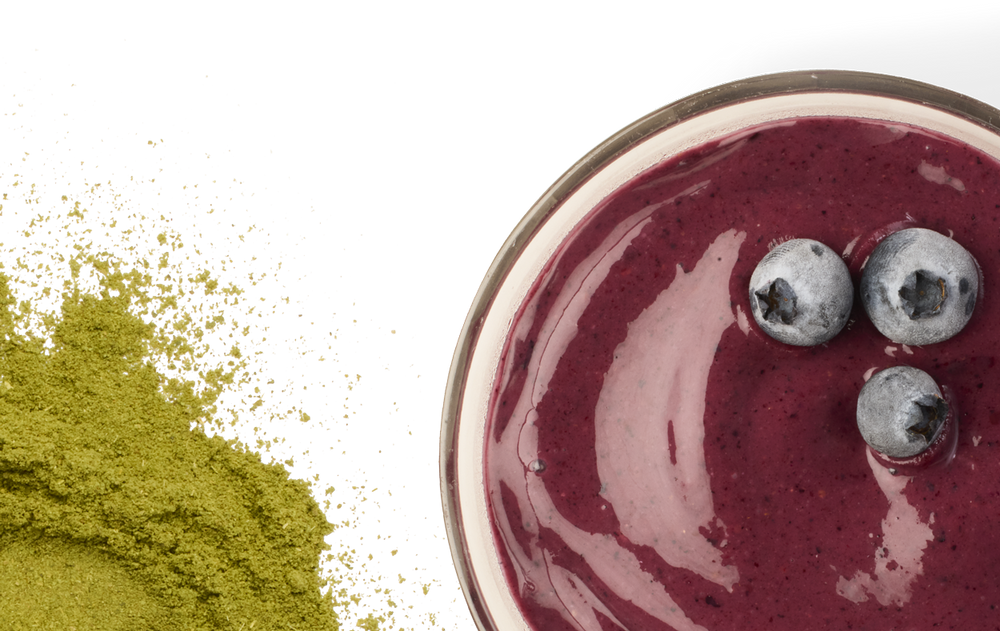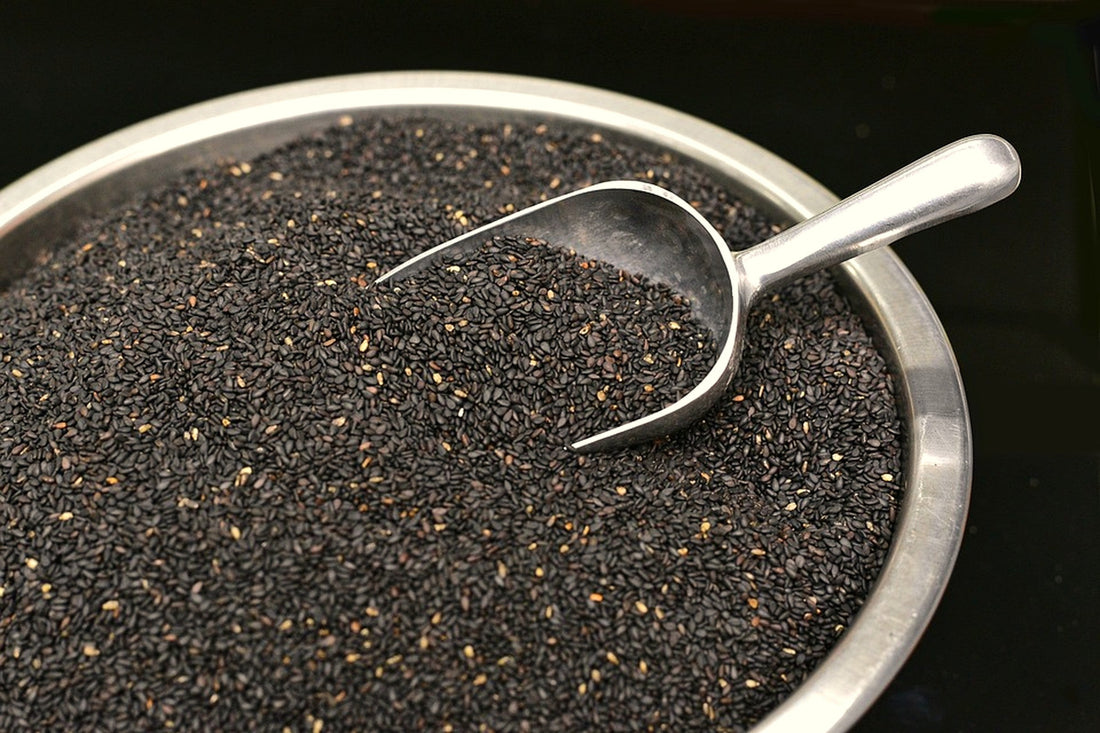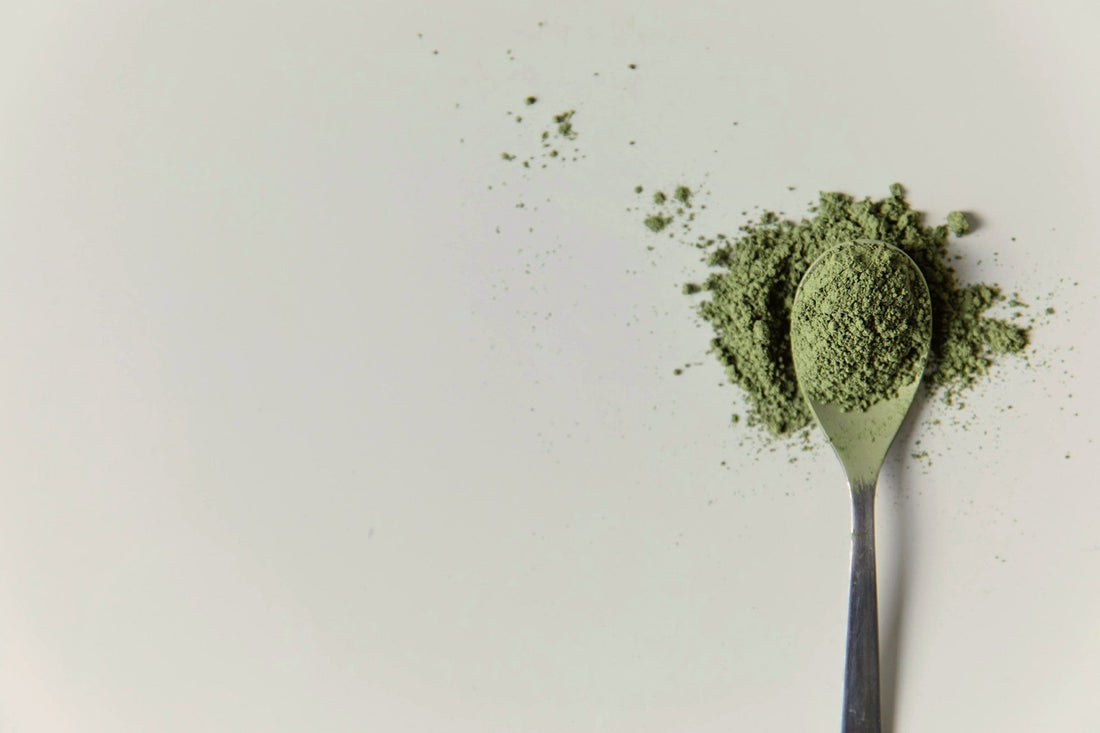
Organic Food Guide for Clean Eating & Avoiding Chemicals
Today, the world is your oyster when it comes to food options — but more is not always better.
With so many different food options available today, it can feel difficult to maintain a healthy diet. This problem is only worsened by the wide variety of overly-processed and frozen foods available at stores that can sometimes be a cheaper alternative to healthier foods.
Despite the wide misconception that eating healthy is more expensive, choosing to eat processed foods can end up racking up a big grocery bill regardless. Why? Because processed foods are not as nutritionally dense or filling as whole foods, requiring you to eat more to feel satiated.
In this article, we are discussing the ins and outs of clean eating, including key tips for your next grocery shopping trip and how to successfully avoid chemicals in your foods.
Read on as we dive into the world of clean eating and guide you toward building better dietary habits.
What is Clean Eating?

Clean eating is the practice of eating unprocessed foods in their natural form.
Practitioners of clean eating often favor fresh whole foods over canned or preserved alternatives. Additionally, a clean eating diet is typically devoid of processed and pre-packaged foods, such as potato chips and pre-made desserts.
Though some health companies may claim to have the secret to clean eating, there is no “right way” to follow a clean eating diet. Instead, it requires you to pay attention to the ingredients in the food you are eating and cut out overly-processed foods whenever possible.
4 Key Grocery Shopping Tips for Clean Eating

If you are trying to start a clean eating diet, the first crucial step is to update your shopping list. By purchasing foods that are inherently healthy and free of added ingredients, you will have a much easier time preparing clean meals that make your body feel full and satisfied.
Here are four key tips for clean grocery shopping:
1. Go Organic
Organic foods can be advantageous for a number of reasons, with one of the most prominent being a lack of harmful chemicals in the growing process of food.
By opting for organic foods at the grocery store, you will have a much easier time avoiding ingredients like preservatives, fertilizers, and other chemicals used in modern farming processes.
According to the Government of Canada’s official organic guidelines:
"Organic production is a holistic system designed to optimize the productivity and fitness of diverse communities within the agro-ecosystem, including soil organisms, plants, livestock and people. The principal goal of organic production is to develop operations that are sustainable and harmonious with the environment"
Overall, organic foods are not generally considered to be more nutritionally dense than their non-organic counterparts. However, shopping for only or mostly organic foods is a good way to learn more about what ingredients to avoid and jumpstart your clean eating journey.
2. Choose Whole Foods

Whether you opt for organic or non-organic foods, prioritizing whole foods whenever possible is key.
Whole foods is a term to describe foods — typically produce — in their most natural form. For instance, if you are trying to switch to eating mainly whole foods, you could switch from buying frozen fruits to instead buying fresh fruits from the produce department.
The main benefit of eating and cooking with whole foods is that this is the best way to get the maximum nutritional value out of your food. When foods are processed, the naturally-occurring nutrients are broken down and — in some cases — stripped from the foods entirely.
By contrast, foods purchased in their whole form maintain their natural nutrient levels. While some processing may occur in your kitchen, it is nowhere near the level of mechanical and chemical processing that occurs in food production plants, meaning your food can retain more of its natural nutrients.
3. Buy Seasonal, Local Produce

Even when buying organic produce, the production processes can sometimes be questionable when purchasing food from big-name brands.
To counteract this problem, try buying seasonal produce from local vendors and farmers. Farmer's markets are some of the best places to go to find locally-grown fruits and vegetables — plus, you are helping to support your local agriculture community along the way.
By only buying fruits and vegetables that are in-season and from local growers, you are much more likely to receive produce that is free of harsh chemicals and preservatives.
4. Avoid Canned Food
Though canned food is often a much cheaper alternative to whole foods, it can often include a slew of sneaky ingredients that make it less than ideal for clean eating.
Canned foods generally require preservatives in the form of sugars and other added ingredients to help keep the canned food edible for longer. As a result of these added ingredients, the food inside the can loses some of its nutritional value over time.
Moreover, canned food is often high in sodium, which can negatively impact your blood pressure and heart health. If you choose to continue eating canned foods, make sure to check the ingredient list beforehand and opt for options labeled as organic with no added ingredients.
How to Avoid Chemicals in Your Food
Throughout this guide so far, we have touched on the importance of avoiding chemicals in your food.
Chemicals of all kinds are used in food production processes. According to the Environmental Working Group, the following chemicals are the top 12 food chemicals to avoid:
- Nitrates: Nitrates and nitrites are preservatives commonly used in processed meat, and their consumption has been linked to several serious health concerns.
- Potassium Bromate: Potassium bromated is a potential carcinogen found most commonly in pre-packaged baked goods.
- Propyl Paraben: Propyl paraben is a preservative found in pastries and tortillas that can cause both developmental and reproductive harm.
- BHA: Butylated hydroxyanisole (BHA) is a preservative used in processed meats, potato chips, and other foods that is a potential human carcinogen.
- BHT: Butylated hydroxytoluene (BHT) is a preservative commonly found in cereals that is similar to BHA and is a potential human carcinogen.
- TBHQ: Tert-butylhydroquinone (TBHQ) is a preservative found most commonly in Pop-Tarts but also used in other pre-packaged baked goods that can harm the immune system and inhibit the effectiveness of vaccines.
- Titanium Dioxide: Titanium dioxide is a color additive that is most commonly used in sugar-based candies that may cause damage to your DNA.
- BVO: Brominated vegetable oil (BVO) is used in sodas, citrus drinks, and other fruity drinks that has the potential to cause neurological harm.
- PFAS: Perfluoroalkyl and polyfluoroalkyl (PFAS) are called “forever chemicals” and seep into foods from food packaging. These chemicals can increase the risk of serious illness, damage the immune system, and harm reproductive health — to name just a few of the potential negative impacts.
- Artificial Colors: Artificial colors are synthetic dyes that can be found in almost all processed foods that are thought to cause developmental issues in children.
- Artificial Sweeteners: Artificial sweeteners can be hit or miss when it comes to chemical content. Some sweeteners can harm your body’s metabolic hormones, leading to weight management problems down the line.
- Heavy Metals: Heavy metals like lead, mercury, and arsenic can be found in some pre-packaged and processed foods, with the most worrying being baby food. Exposure to heavy metals through food can heighten the risk of serious illness, as well as lead to developmental problems.
Keeping in mind these chemicals and the foods they are found in, let’s discuss four tips for avoiding and eliminating harmful chemicals in your diet:
1. Eat Less Meat, Fish, and Dairy

For meat, fish, and dairy to stay edible for longer, a variety of chemicals are used as preservatives.
As covered above, meat alone can include chemicals like nitrates and BHA, both of which are associated with human carcinogens.
This makes it highly important to limit your intake of meats, fish, and dairy — especially products that undergo intensive processing. The World Cancer Research Fund reports that red meat is a particularly notable culprit and that red meat consumption should be limited to no more than three portions per week.
You should also avoid overly-processed meats, like bacon and sausage.
2. Cut Down on Processed Carbohydrates

Any processed foods are going to have preservatives of some kind.
Carbohydrates tend to be one of the biggest sources of such preservatives, as baked goods and similar carb-packed foods can go bad quickly without such preservatives.
As discussed in the chemical list above, common chemicals found in overly-processed carbs can include potassium bromate, BHT, TBHQ, propyl paraben, and other harmful chemicals.
Thus, you should avoid processed carbs when shopping at the store. This does not mean you need to forego baked goods entirely but rather that you should focus on making such treats from scratch at home.
3. Cook at Home

Cooking at home using whole, fresh ingredients is one of the best ways to avoid unwanted chemicals.
By cooking at home, you side-step many of the harsh production processes used to make pre-made meals and processed ingredients that utilize harmful chemicals. Plus, cooking at home gives you the freedom to choose the exact ingredients you want for each step of a recipe, enabling you to substitute healthier ingredients in place of over-processed ingredients.
4. Reduce the Use of Plastics in Your Kitchen
Our fourth and final tip for avoiding chemicals in your food is to reduce the use of plastic in your kitchen.
Plastic containers and wraps can be a major source of harmful chemicals leaking into your foods. While these plastics may be considered safe in some circumstances, all it can take is these plastic heating up for your food to become compromised.
For example, you could replace your plastic Tupperware with glass alternatives.
Additionally, be mindful of what kitchen utensils you are using around the kitchen. Plastic and metal tools, like spatulas, often have abrasive chemicals and materials that can end up in your food as the utensil breaks down more and more over time.
By contrast, utensils made out of materials like nylon and silicone offer a safer alternative.
Final Thoughts
Switching to a clean eating lifestyle can be difficult, especially in the early stages.
To get your health and body on track quicker, consider adding superfood supplements to your daily meals to boost your nutrient levels and ensure your body is better equipped to fight off harmful substances.
At Organic Traditions, you can shop from a wide variety of different supplements with many different uses — from immune system support to anti-inflammatory effects.
Check out the Organic Traditions online shop to begin improving your diet today.
Related Articles
Black Sesame Seeds Benefits: Ancient Superfood for Modern Wellness
Moringa Powder Benefits: Ancient Superfood for Energy, Detox & Vitality

Unlock
up to 25% off
Exclusive deals, tricks, and updates on superfood tips!



0 comments